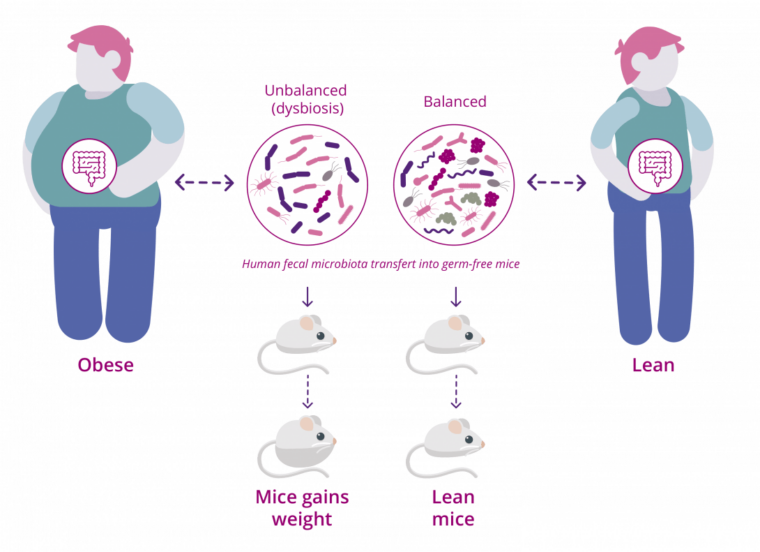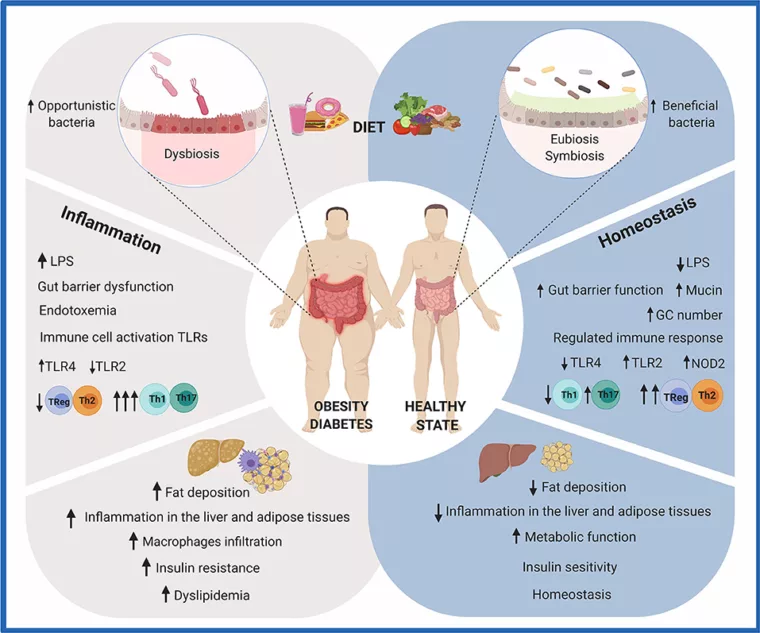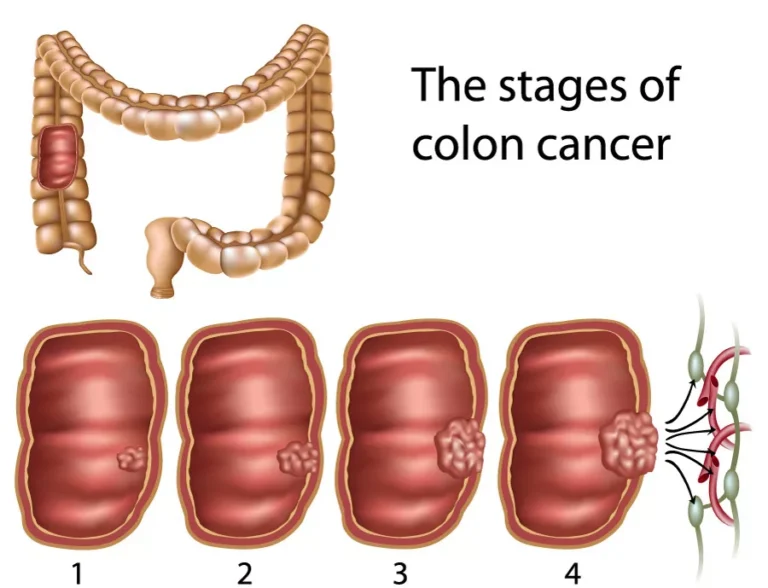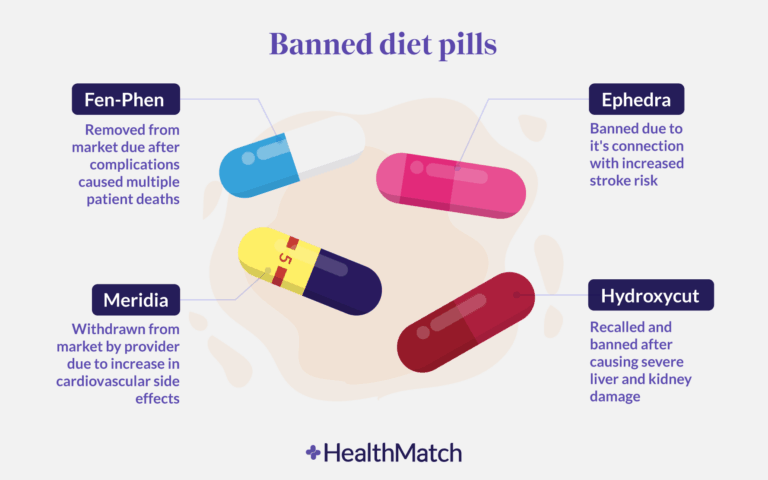The Battle with Obesity Germs: Understanding and Solutions for Healthy Weight Management
Today, let’s talk about the battle with obesity germs. For those who want to maintain a healthy weight but are unsure how to, I’ll provide some insights and solutions. Shall we start?

What are Obesity Germs?
Obesity germs refer to bacteria related to weight gain within the body. These bacteria primarily act in the digestive system, affecting the process of breaking down and absorbing food. Obesity germs regulate the secretion of hormones that control appetite and adjust energy metabolism. An imbalance in these functions can lead to weight-related diseases.
The Connection Between Weight Gain and Obesity Germs
There is a close relationship between obesity germs and weight gain. Some studies indicate that an increase in the proportion of obesity germs can lead to a tendency for weight gain. This is because obesity germs have a role in regulating energy metabolism. Changes in diet or lifestyle that increase the proportion of obesity germs can lead to weight gain.
The Importance of Healthy Weight Management
Managing a healthy weight plays a very important role in our overall health and well-being. Excess weight or obesity is associated with various serious diseases and can increase the risk of heart disease, diabetes, and hypertension. Therefore, battling obesity germs is essential for maintaining a healthy weight.
Understanding the Body Systems Affected by Obesity Germs
Obesity germs affect various systems in our body. One of the main systems is related to appetite. Obesity germs regulate the secretion of leptin and ghrelin, hormones that control appetite, which can lead to an increase or decrease in appetite. Additionally, obesity germs affect the system that regulates energy metabolism, which can lead to a decrease in energy consumption or inefficient energy use.

Dietary Regulation Strategies for Weight Management
Diet plays a very important role in weight management. Regulating diet is one of the effective strategies in the battle with obesity germs. Generally recommended dietary regulation strategies include:
- Balanced diet: It’s important to consume a balanced intake of carbohydrates, proteins, and fats.
- Appropriate calorie restriction: Excessive calorie intake can lead to weight gain, so appropriate calorie restriction is necessary.
- Consumption of vegetables and fruits: Vegetables and fruits are nutrient-rich and low in calories, which helps in managing a healthy weight.
- Regular meals: Eating at set times regularly is important for improving eating habits.
Effective Battle with Obesity Germs through Exercise
Exercise is one of the effective strategies for weight management. Exercise increases energy consumption, maintains muscle mass, and activates metabolism, helping in the battle with obesity germs. It is recommended to practice at least 150 minutes of aerobic exercise weekly. For example, walking, running, swimming, and other aerobic exercises can be chosen.

Strategies for Suppressing Obesity Germs in Daily Life
The battle with obesity germs is also possible in daily life. A few simple strategies can help suppress obesity germs:
- Adequate sleep: Adequate sleep helps regulate hormone secretion and metabolism, which suppresses obesity germs.
- Stress management: Stress can increase appetite and the proportion of obesity germs, so appropriate stress management is necessary. Manage stress through activities like meditation or yoga.
- Water intake: Adequate water intake activates metabolism and helps suppress the activity of obesity germs.
Mental Health Management for Weight Management
Mental well-being is very important in weight management. Poor mental health can make it difficult to practice strategies like dieting or exercising. Manage mental health through regular rest, healing activities, and therapy sessions.
Weight Management with Professionals
If you are struggling with weight management, consulting with professionals may be necessary. It’s important to analyze and improve one’s dietary and exercise habits with the help of a nutritionist or health care professional. Advice and guidance from professionals can lead to more effective weight management results.

Long-term Strategies and Planning for Healthy Weight
Maintenance Weight management requires not only short-term goals but also long-term strategies and planning. To maintain a healthy weight, it’s necessary to continuously practice regular exercise, balanced diet, and mental health management. Additionally, setting goals and planning accordingly is essential for ongoing weight management.

The battle with obesity germs is an essential process for healthy weight management. I hope the various strategies mentioned help you succeed in the battle with obesity germs and maintain a healthy weight. Through these efforts, you can enjoy a healthier and happier life.





